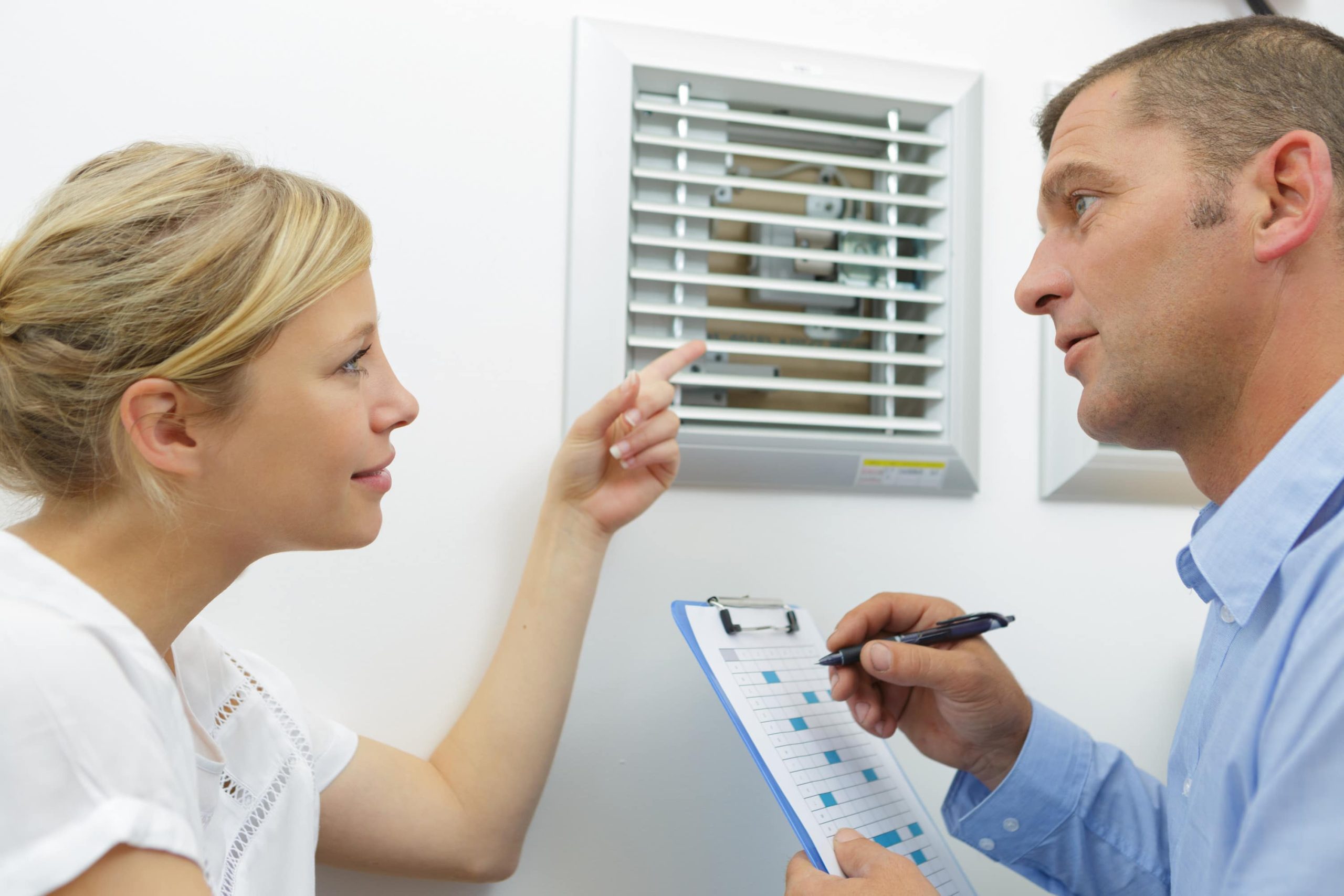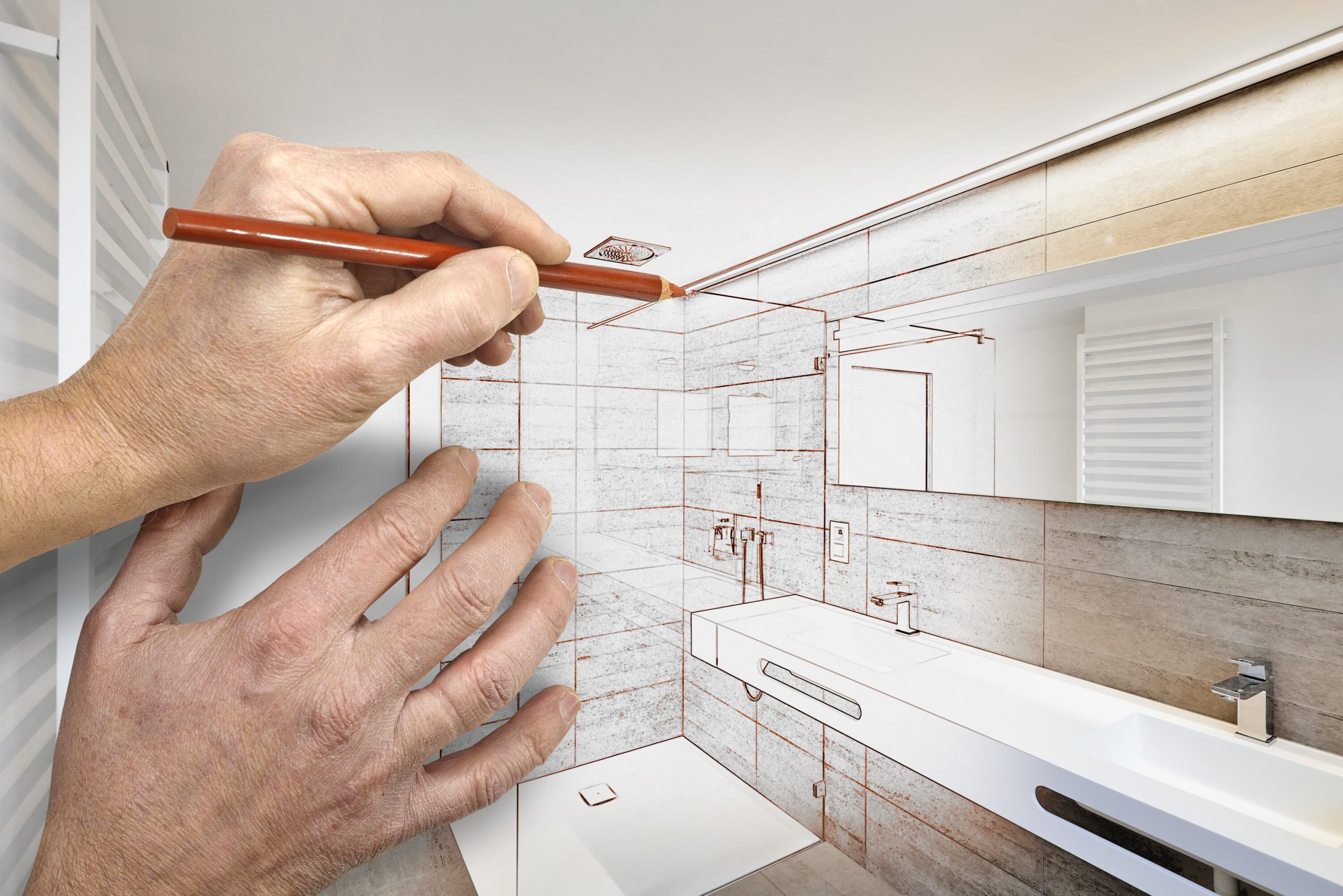
Why Does My HVAC System Blow Too Little Air?
What do the dregs of the office coffee pot, the heel piece of bread, and the crushed potato chips at the bottom of the bag have in common? When you want something, sometimes getting a “little bit” is worse than getting none at all! There are few things more frustrating than hoping for some cool, comfortable air conditioning on a sweltering day only to feel the slightest whisper of air coming from your vents. The only thing worse is coming in from a bitter winter day only to realize your house is barely warmer than the outside. Now you’re left to bundle up and figure out why you’ve been left in the cold. Does your HVAC system blow too little air?
When an HVAC system blows too little air into a house it leaves everyone wanting for more. Worse than that, if an HVAC system has been struggling with air flow for a prolonged time, it causes damage to the system. Let’s explore some of the issues that cause an HVAC system to blow too little air, as well as some possible solutions.
Air Filters
Air filters provide the first line of protection against unwanted particulates in your HVAC system. A good quality air filter captures dust, debris, mold, mildew, and more before it enters the duct system and keeps your HVAC system tidy and clean so it can work efficiently. When an air filter gets dirty it blocks the air flow of a house. This prevents air from returning into the duct system, allowing the air conditioning unit to heat or cool it as desired. Regular replacement of air filters is a part of HVAC system maintenance. If it’s been some time since they were last replaced, it might be the solution to low air flow in a house.
As counter-intuitive as it may seem, an air filter that is too high-performing may also be the issue when it comes to low air flow. Air filters with a high Minimum Efficiency Reporting Value, or MERV, may be too dense or too tightly-woven to allow an appropriate amount of air through and back into the air return. While this high density material performs excellently in collecting unwanted particulates, your HVAC system has to work much harder to pull the air it needs back into its system. You can check with your air conditioning unit’s manufacturer to see what MERV rating is recommended for use with the model you have installed for your home.
SEE ALSO: Why Do I Need to Change My Home Air Filter?
Incorrectly Sized or Leaking Ductwork
Did you know the size of the duct system in your home may be oversized for your HVAC system? It’s possible that the home builder did not take your home’s layout into consideration and applied a “one size fits none” ductwork configuration. Also, it could be that over the years your home’s ductwork no longer works with modern air conditioning units and HVAC systems. Ductwork that is too large cannot efficiently blow air out through room vents where it is needed. In these instances, the system struggles to make air move through the ducts, providing very little air comfort despite working overtime.
A duct system may also have leaks that allow air to escape and reduce the airflow. Over time, duct systems shift and move in ways that may loosen the connections between ductwork pieces, creating gaps in the system. Ductwork connections can also fail over time. Also, pests may damage parts of the duct system as they attempt to force their way into a home. Small deteriorations can quietly build up over time and go undetected as most duct systems are kept well out of sight from a home’s residents. Weak air flow may be a sign that your home’s duct system needs to be inspected.
SEE ALSO: When Good Ductwork Goes Bad
Blower Motor in Distress
The blower motor is the part of an air conditioner unit that pushes air along in the process of heating or cooling your home to the requested temperature. The blower motor can accumulate dust and debris during its service lifetime which can reduce performance as it struggles to operate. Blower motors can be cleaned and maintained by a local, licensed HVAC service provider and should be kept clean for peak performance.
Another issue is that the blower motor is set at the wrong speed. Many modern air conditioners have blower fans with variable speed settings to better adjust the power needed for a household. If the blower fan is set too low, it can’t provide enough force to keep air moving through the unit and into the household. Contact an HVAC service provider to troubleshoot this. The blower fan is an integral part of an air conditioning unit and should only be adjusted or repaired by professionals.
You Might Need Help!
An HVAC system should provide high quality air comfort to a household, and that includes moving air through vents and into rooms to keep them at the desired temperature. When a system fails to do so and can only offer minimal air flow, that is a sign that it’s time to look into what is hindering the system and find a solution. So why does your HVAC system blow too little air? Air filters, ductwork and duct systems, and blower motor settings are good spots to start inspecting an HVAC system, and a local licensed HVAC service provider can lead the charge in offering the maintenance or repairs required to bring the system back up to full power.


